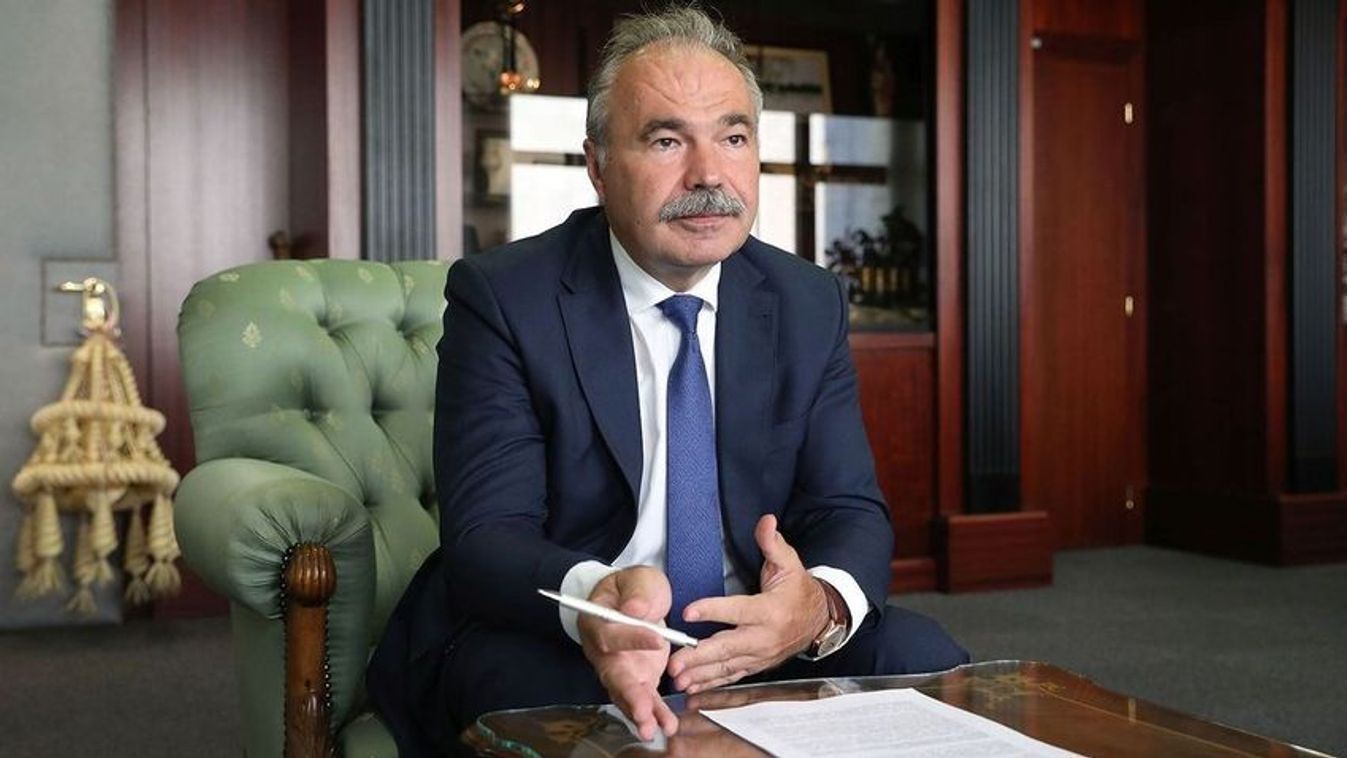The European Union has sacrificed European farmers on the altar of environmental protection, so a fundamental change is needed in EU agricultural policy, which can only be achieved by replacing the current Brussels elite, Hungarian Agriculture Minister István Nagy said in Luxembourg on Monday.
Speaking to Hungarian journalists after a meeting of agriculture ministers from member states, István Nagy said the current situation of EU agriculture is a good example of the performance of Brussels decision-makers over the past five years.
It has become clear that the rules written by Brussels bureaucrats, who are completely detached from reality, are not in touch with the reality farmers experience on the ground, he said.
“Compliance with the green deal and complex regulation has put farmers at a significant competitive disadvantage, farmers who have already suffered the consequences of both the Russia-Ukraine war and irresponsible EU sanctions,” Nagy added.
“We need new leadership in Brussels that does not put the interests of non-EU countries before those of its own farmers and that can take real action to protect European farmers. This is also at stake in the European Parliament elections on June 9,” the agriculture minister said.
According to István Nagy, free trade agreements are generally beneficial for the EU economy, but it is always agriculture that suffers the disadvantages of such agreements.
He stressed that the position of farmers in the food chain must be strengthened, and the most suitable and appropriate agreements and contractual conditions for this are those that guarantee their production.
“It must be stated that all food and agricultural products placed on the market in the European Union must be subject to the same production and quality parameters,” the minister said.
Commenting on the changes in EU agricultural policy after 2027, István Nagy said that the measures taken so far do not address several major problems. He stated that the “incredibly extreme” green ideology has taken hold of the European agricultural economy at the expense of the competitiveness of European farmers.
He added that the Hungarian Presidency of the Council of the European Union, which will last for six months from July 1, would put proposals on the table that could restore sustainable and competitive processes.
“Farmers must be put back at the center of agricultural policy. The contribution of the agricultural sector in the fight against climate change must be defined in a way that respects the fact that European farmers guarantee food security for all EU citizens,” he said. “We need to make proposals that reassure farmers and give them a perspective that will allow them to plan for the future with certainty.”






